As many other recruiters, early on in my career I was quickly introduced to the concept of the intake call. This meeting, held once a client is ready to recruit, typically focuses on the basics: job title, reason for the opening, degree requirements, minimum years of experience, location, compensation, and interview process. Once these details are covered, many recruiters are told they are “ready to go.”
But over time, I’ve realized that while intake calls are standard, they often stop short of what’s truly needed. The question is not just whether we’ve completed an intake, but whether we’ve calibrated effectively.
At Compass, we’ve evolved this practice into what we call the calibration call—a more strategic approach that moves beyond check-the-box details. The goal is not only to gather information, but to ensure alignment between the recruiter, the hiring team, and the candidate experience from start to finish.
What Calibration Really Means
As recruiters, our role is to set clients up for success by creating clarity around:
- The organization’s current and future state
- Culture and values
- The role itself and what success looks like
- Key outcomes for the first year
- How to position the opportunity to attract top talent
At the same time, we have a responsibility to provide a positive candidate experience. That requires being well-prepared to discuss not only the role, but also the bigger picture of what it means to fit into the culture of the organization.
Starting With Purpose
A calibration call always begins with purpose: Why does this position exist?
Too often, intake calls only distinguish whether a role is new or a backfill. But calibration takes it further, it asks:
- What impact will this person have?
- How will we know we’ve hired the right candidate?
- What does success look like at 6, 12, and 18 months marks?
- Which company values and cultural elements must this person embody?
This level of clarity ensures the hiring team is aligned and sets the foundation for evaluating candidates effectively.
Why Calibration Matters More Than Ever
Recruiting is no longer just about filling positions. According to Recruit CRM, 87% of recruiting professionals say talent acquisition has become a more strategic function over the past year. Today, the process must be intentional, candidate-centered, and brand-conscious.
Candidate experience is a critical part of employer branding. CareerPlug reports that 52% of job seekers have declined a job offer due to a poor candidate experience. Think of it like dining at a restaurant: if the experience is incredible, customers leave positive reviews. If it’s poor, they still leave a review—but it is not the kind the business wants. Recruitment is the same, every interaction with a candidate whether they are ultimately hired or not, reflects on your organization.
The Calibration Advantage
The calibration call ensures everyone is aligned: the recruiter, the client, and the candidates. It’s about moving beyond a transactional intake process into a strategic partnership that drives better hires, stronger alignment, and a more positive experience for everyone involved.
Recruiting has rapidly evolved—and so must the way we approach it. Calibration isn’t just a process step. It’s the foundation for successful hiring and lasting employer brand strength.
Ready to elevate your recruitment strategy? Contact melissad@wearecompass.com

